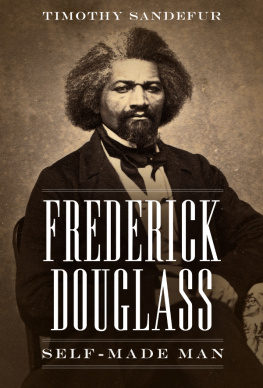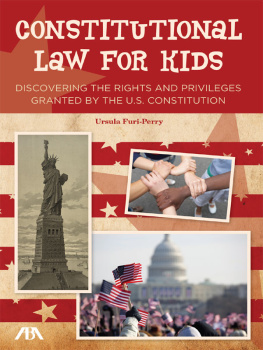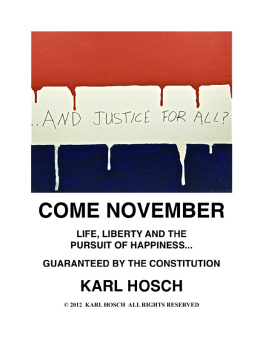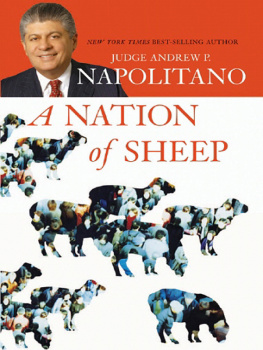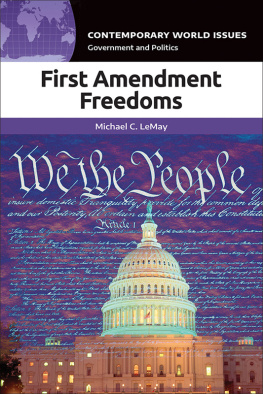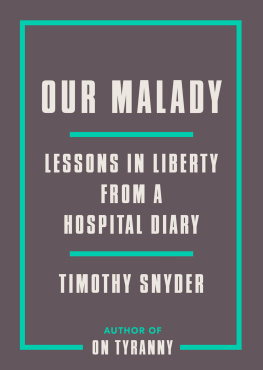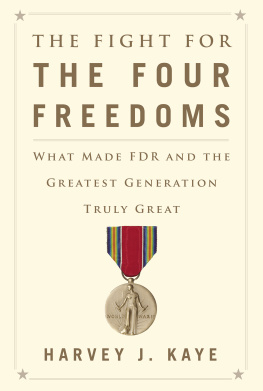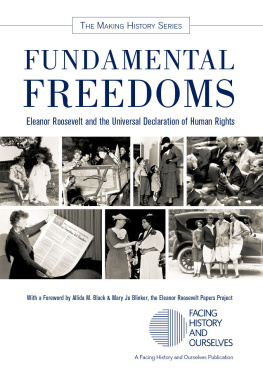Table of Contents
Guide
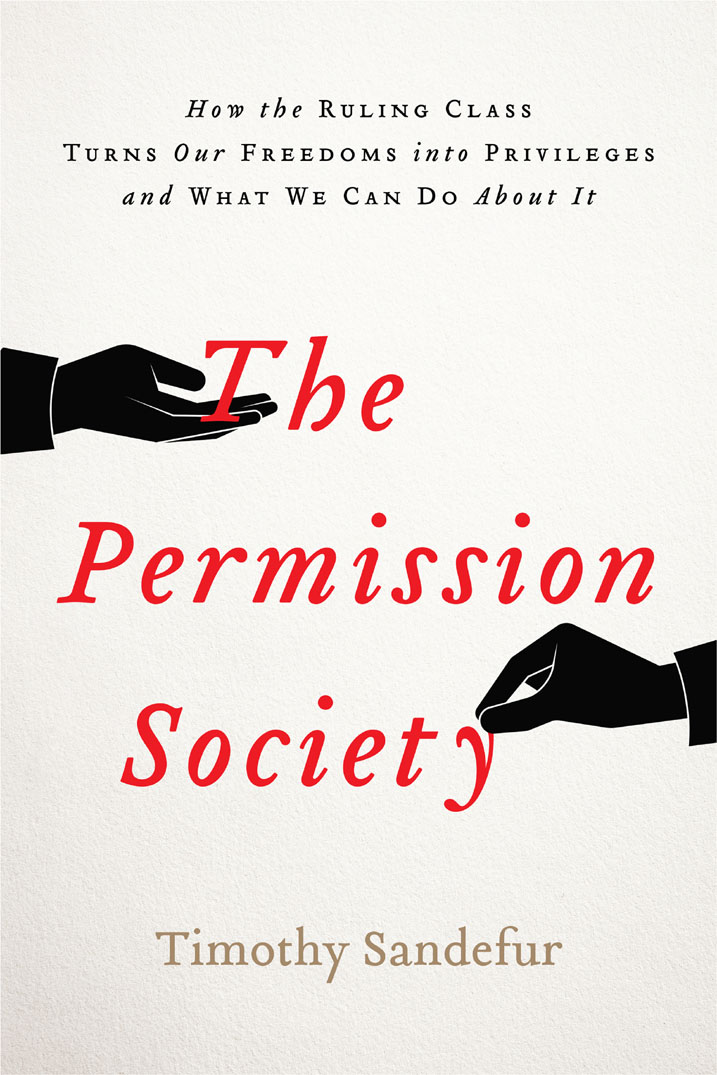


T HIS BOOK was inspired by conversations with Jack Armstrong, Joe Getty, Alan Gura, and Christina Sandefur. Thanks also to George F. Will for his kind encouragement. Earlier versions of portions of this book appeared in the Cato Supreme Court Review, the George Mason University Civil Rights Law Journal, the Harvard Journal of Law & Public Policy, Nexus: A Journal of Opinion, the Notre Dame Journal of Law, Ethics & Public Policy, the NYU Journal of Law & Liberty, and Regulation. Other material originated in lawsuits or briefs I filed as an attorney with the Pacific Legal Foundation and the Goldwater Institute, and particularly my litigation on behalf of Raleigh Bruner and Michael Munie, discussed in chapter 5. I am grateful for the assistance of Alan Gura, Daniel Himebaugh, M. Reed Hopper, Larry Salzman, Barbara Siebert, Christina Sandefur, Pagona A. Stratoudakis, and Joshua P. Thompson and particularly Deborah J. La Fetra for much editorial assistance on this and other works over more than a decade. But the opinions expressed herein do not necessarily represent those of the Goldwater Institute, the Pacific Legal Foundation, or their staff, supporters, or clients.

A T THE NUREMBERG TRIALS in 1946, Supreme Court Justice Robert Jackson, serving as the chief prosecutor of Nazi war criminals, sought words to express the idea of freedom that he hoped would rise from the ashes of Europe. He found those words in an 1899 poem by Rudyard Kipling entitled The Old Issue:
All we have of freedom, all we use or know,
This our fathers bought for us, long and long ago.
Ancient Right unnoticed as the breath we draw.
Leave to live by no mans leave, underneath the law.
Leave to live by no mans leave. The freedom to decide and to act without first asking leave of kings or bureaucrats is the crucial difference between those who are free and those who are not. As government takes increasing control over aspects of our lives economic, political, social, and personal our nation is more in danger of losing all we have of freedom.
It is sometimes said that we owe it to future generations to pass the world on to them at least as good as we found it, because future generations may be unable to fix the messes we make. How much more crucial is it, then, to pass on to them the protections for liberty written into our Constitution protections which, if betrayed, whittled away, or abandoned, might never be restored? Perhaps the most crucial principle Americans have inherited, and which they must preserve, is the idea that freedom means not having to ask permission. Today, however, America is slowly becoming a Permission Society instead of the free society that our highest law calls us.
Yet the Permission Societys basic assumption that people cannot be trusted with freedom, that they are therefore not free unless government says they are is not only its most offensive element but also its silliest. Of course people can be trusted with freedom. We do it all the time. And if we do not, then we must ask the question: Whom can we trust with ours?
ALSO BY TIMOTHY SANDEFUR
The Right to Earn a Living: Economic Freedom and the Law
The Conscience of the Constitution
Cornerstone of Liberty: Property Rights in 21st-Century America (coauthored with Christina Sandefur)
A NOTE ON THE TYPE

THE PERMISSION SOCIETY has been set in Darden Studios Corundum Text, a family of types derived from the work of Pierre-Simon Fournier le jeune. Fourniers achievement as a typographer is best known in the form of Monotypes interpretation of the Saint Augustin Ordinaire types shown in his 1725 Manuel Typographique. Cut under Stanley Morisons direction in 192526, the Monotype version christened Fournier was under development at the same time as a somewhat darker type that would eventually be given the name Barbou in honor of the publisher of Fourniers Trait historique sur lorigine et les progrs des caractres de font pour limpression de la musique (1765), which provided Morisons models for the types. Morison would have preferred to release Barbou to the printing trade, but a misunderstanding during his absence from the works led to the release of Fournier. But for a handful of appearances, Barbou largely disappeared from view. The present version of the type captures the rich color of the eighteenth-century original and maintains its lively spirit, especially in the italics.
DESIGN & COMPOSITION BY CARL W. SCARBROUGH

I N 1792, in a short essay called Charters, James Madison succinctly explained what he thought was the essential difference between the United States Constitution and the constitutions of every other nation in history. In Europe, he wrote, charters of liberty have been granted by power. America has set the example ... of charters of power granted by liberty. This revolution in the practice of the world may, with an honest praise, be pronounced the most triumphant epoch of its history.
The charters of liberty ... granted by power that Madison had in mind were the celebrated documents of freedom that kings and parliaments had issued throughout the ages, many still honored today: Magna Carta of 1215, the English Petition of Right of 1628, the English Bill of Rights of 1689. Documents like these had made the British constitution unwritten though it was the freest in the world prior to the American Revolution. A British subject enjoyed more room to express his opinions, more liberty to do as he liked with his property, more security against government intrusion, and greater religious toleration than the subject of any other monarchy in the known world.
Yet for Madison and his contemporaries, that was not enough. He and his fellow patriots considered charters of liberty ... granted by power a poor substitute for actual freedom because however noble their words, such charters were still nothing more than pledges by those in power not to invade a subjects freedom. And because those pledges were granted by power, they could also be revoked by the same power. If freedom was only a privilege the king gave subjects out of his own magnanimity, then freedom could also be taken away whenever the king saw fit.
Whether Parliament could repeal the charters of British freedom was a point of controversy among lawyers and political thinkers up to, and after, the muskets began firing at Lexington and Concord. The British judge William Blackstone, whose four-volume Commentaries on the Laws of England was published in the 1760s and became a landmark in legal history, was proud that Great Britain was foremost in the world in terms of respecting the rights God gave all people. Yet at the same time, he believed that Parliaments power was supreme and absolute
Next page

